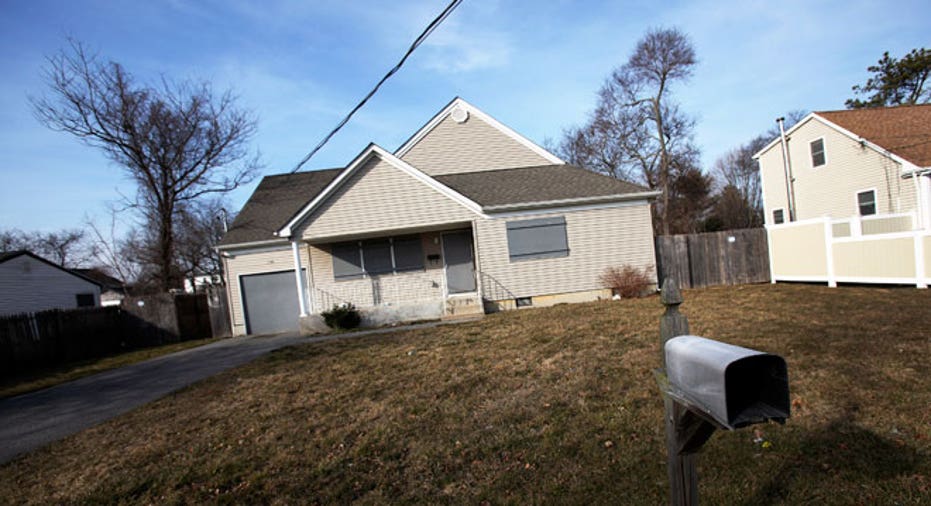Should You Worry About Zombie Foreclosures?

Dear Bankruptcy Adviser,
I have already filed Chapter 7 and have debts discharged. I've included my home in the bankruptcy. I received a letter from the lender's attorneys to contact the lender for options, such as forbearance, repayment, a modification, a short sale or a deed-in-lieu of foreclosure. I am troubled by talk about banks foreclosing and walking away from property while leaving your name on the deed -- even after people have received a notice of eviction -- to find out they are responsible for back taxes, etc. I'm concerned about what to do after hearing so much about these zombie foreclosures. Please help.
-- Mike
Dear Mike, There may be some benefit to a moderate level of paranoia in your situation. At some point, you have to believe that the property is no longer in your name. Until that time, I can respect and understand your desire for closure.
Lenders can take a very long time to complete the foreclosure process on some homes. This is based on a few factors. First, there may be a lot of foreclosures in your area. Lenders don't want to overwhelm the market in a particular area with numerous foreclosure sales because foreclosed properties generally sell for less than the current market value. By letting fewer properties go in a certain area at one time, the lender can sell each property for a little more.
Second, the lenders still have a large inventory of foreclosed properties. The lender must handle each property from the default to the foreclosure stage. There are only so many employees and hours in the day to process each and every property.
Third, obviously, I can't verify this one, but sometimes properties just get ignored. The paperwork disappears; the lenders weren't set up for the foreclosure crisis. In some cases, a property was originally funded by a bank or finance company that doesn't exist anymore. If paperwork gets lost, it can take months or even years for the lender to learn of the property.
I can try to put your mind at ease about a few things. You are not responsible for unpaid property taxes or property insurance. The lender or new owner will have to pay the property taxes. You can also keep track of the foreclosure process directly with the lender. Until the property is sold, your name will appear in the lender's computer system. You can call every 30 to 60 days to see whether the property is still in your name.
Finally, when you do confirm the sale of the property, you can go to the county recorder's office in which the property is located. The recorder's office will have record of the property transfer. You don't have to sign off on the transfer when the property is sold through a foreclosure sale. Eventually, the county will receive a new deed that no longer has your name on it.
While you can't force the lender to speed up the foreclosure process on your home, you can prudently monitor it to make sure your name eventually comes off the deed.
This seems like a good case for one of my favorite sayings: "Patience is a virtue, but persistence to the point of success is a blessing."
Bankrate's content, including the guidance of its advice-and-expert columns and this website, is intended only to assist you with financial decisions. The content is broad in scope and does not consider your personal financial situation. Bankrate recommends that you seek the advice of advisers who are fully aware of your individual circumstances before making any final decisions or implementing any financial strategy. Please remember that your use of this website is governed by Bankrate's Terms of Use.
Copyright 2013, Bankrate Inc.



















